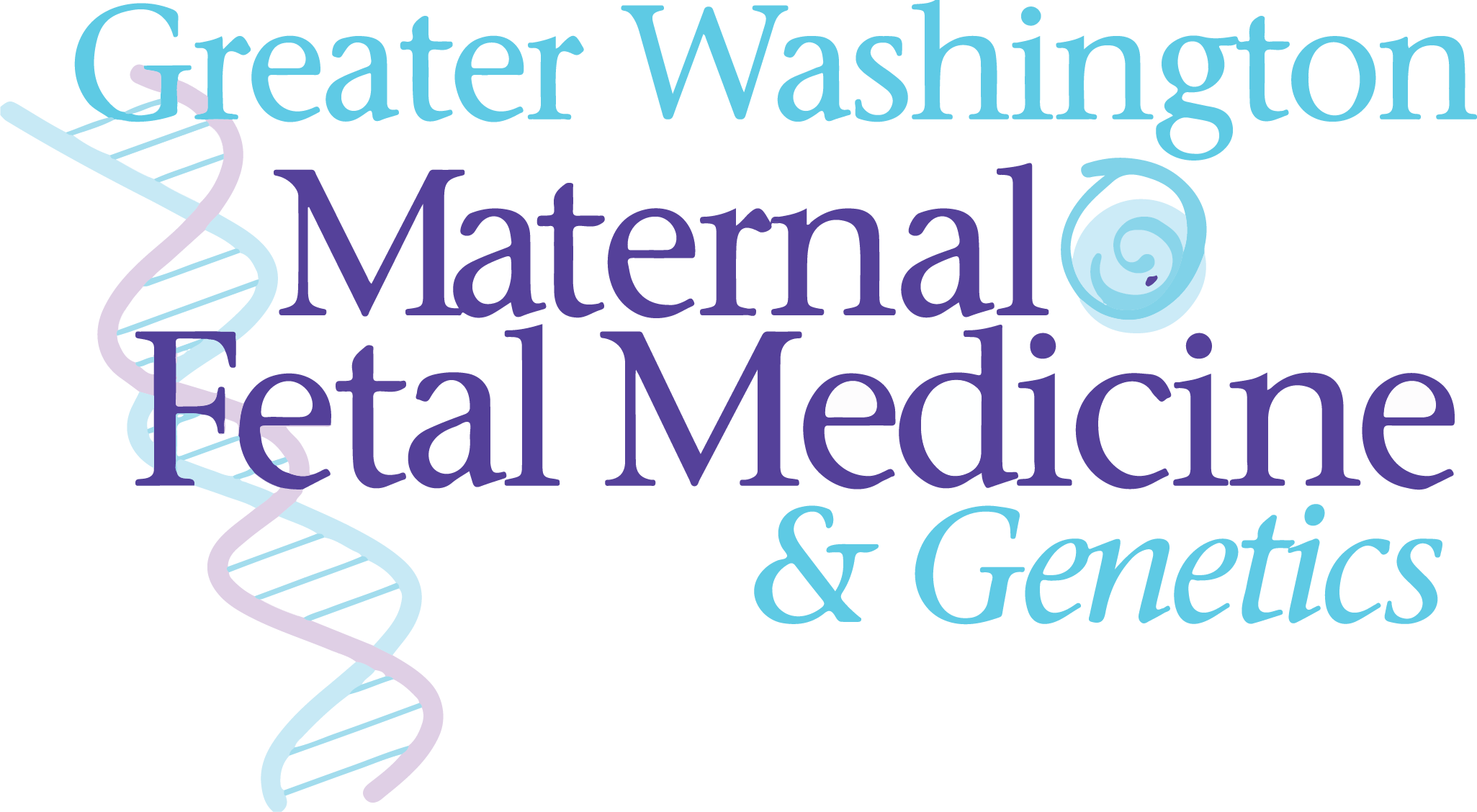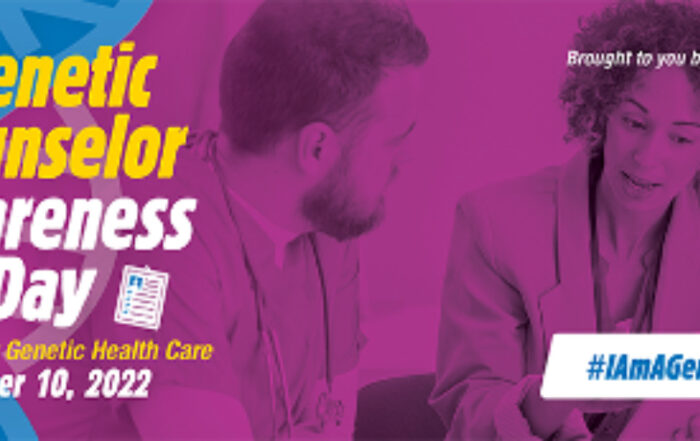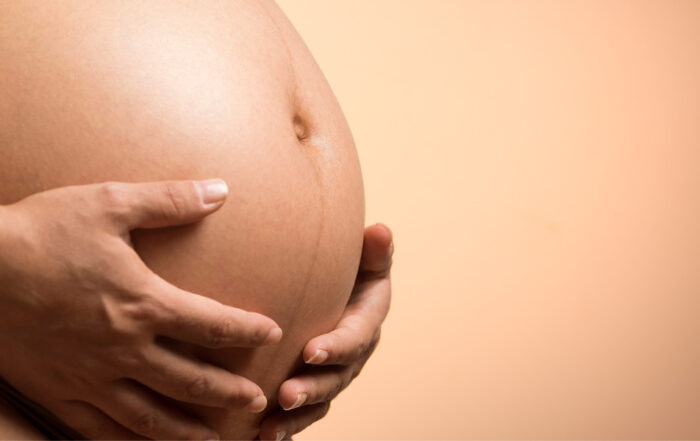What is the Difference Between Identical and Fraternal Twins?
September 14, 2017
 You’re on the most exciting journey of a lifetime and you don’t even have to go anywhere. It’s happening inside of you. You’ve discovered that you are pregnant. For the next nine months, you may feel like your body is not your own as you help a little person to grow. It will be your job to take care of yourself and your baby to ensure that your little one has a healthy delivery and start to this world. You’ll need to get exercise, rest, the proper nutrition, and keep yourself hydrated. You’ll also need to see your OBGYN at least once a month in the beginning. Toward the end of your pregnancy, your appointments will become weekly as your baby’s progress is closely monitored. You may have visits more often earlier on depending on your pregnancy, especially if you are high risk or you have a special situation, such as having twins. If you’ve been given the news that twins are on the way, it means double the excitement. Now you need to find out if you are having identical or fraternal twins. The roller coaster ride of pregnancy just became even more intense. Hold on tight!
You’re on the most exciting journey of a lifetime and you don’t even have to go anywhere. It’s happening inside of you. You’ve discovered that you are pregnant. For the next nine months, you may feel like your body is not your own as you help a little person to grow. It will be your job to take care of yourself and your baby to ensure that your little one has a healthy delivery and start to this world. You’ll need to get exercise, rest, the proper nutrition, and keep yourself hydrated. You’ll also need to see your OBGYN at least once a month in the beginning. Toward the end of your pregnancy, your appointments will become weekly as your baby’s progress is closely monitored. You may have visits more often earlier on depending on your pregnancy, especially if you are high risk or you have a special situation, such as having twins. If you’ve been given the news that twins are on the way, it means double the excitement. Now you need to find out if you are having identical or fraternal twins. The roller coaster ride of pregnancy just became even more intense. Hold on tight!
Understanding the Difference Between Identical and Fraternal Twins
When you have identical twins, the name explains it all. They will be identical in every way when they are born, from their gender to their eye color and hair color. Identical twins are also referred to as monozygotic twins. They are the result of one fertilized egg that divides into two during the earliest stage of pregnancy. When you have fraternal twins, two separate eggs have become fertilized at the same time. These twins are also referred to as dizygotic. Fraternal twins will not look identical and can have different genders. Essentially they are as similar as two siblings.
Identical twins may share an amniotic sac and a placenta, or they may just share one of the two, or neither! Fraternal twins are more likely to have two amniotic sacs and two placentas.
Your Pregnancy will be Closely Monitored in Order to Ensure You and Your Twins are Healthy
Having twins is more challenging than having one baby during your pregnancy. Expect your OBGYN to keep close tabs on you and your little ones as soon as it is obvious that you are having twins. You may be more likely to undergo a C-section when it is time for delivery to avoid risk of complications. Your OBGYN will help you to determine what the best course of action will be when it is time to bring your twins into the world. Your OBGYN will be with you every step of the way.




